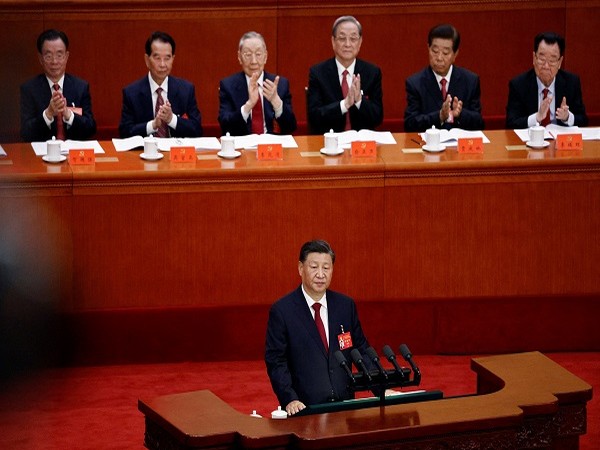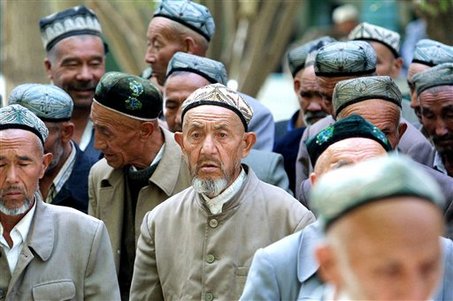After securing his third term as leader of the Chinese Communist Party (CCP) and tightening his grip over Beijing, Xi Jinping has now geared up to practice diplomacy as the Chinese President has a busy diplomatic schedule ahead of G20 in Bali. He is also planning to rebuild relations with Europe that got disrupted due to Beijing’s human rights violations involving Uyghurs in Xinjiang, Nikkei Asia reported.
As Xi Jinping has already rejigged members for the politburo in the new term and has tightened his grip on the country, it will be interesting to see how the Chinese leader interacts with US President Joe Biden to discuss relations between the two countries during the G-20 summit in Bali.
It is predicted that Chinese premier Xi Jinping’s re-election as the General Secretary of the Chinese Communist Party (CCP) and the head of the state for the next five years will witness more hard-lined policies with regard to the economy, foreign relations, human rights, and public dissent.
Xi sent the National Committee on US-China Relations a message last Wednesday saying China stands ready to work with the US to find the right way to get along with each other to which Biden also sent a congratulatory message, Nikkei Asia reported.
The thing of most interest will be whether Xi meets face-to-face with US President at the G-20 summit as the two leaders have only held telephonic conversations since Biden took his position at the White House.
Moreover, Xi’s diplomacy is seen with the neighboring nations too after securing the third term as on Monday, he received the leader of Vietnam’s Communist Party, Nguyen Phu Trong, for a meeting in Beijing. Notably, the two countries are involved in a territorial dispute in the South China Sea.
Meanwhile, the Chinese Foreign Minister Wang Yi who is in line to become a top diplomat spoke with US Secretary of State Antony Blinken by phone on Monday (local time) and discussed the need to maintain open lines of communication and responsibly manage the Sino-American relationship, Nikkei Asia reported citing the US State Department readout.
After securing his third term, Xi has surpassed China’s great leader Mao Zedong, hailed as the ‘red sun’. However, with an emboldened Xi, we might witness a world worse than what Mao created, reported Voices Against Autocracy.
Xi’s comfortable filling the Politburo Standing Committee with his close allies forebodes a future where there would be no one in the Chinese political elite to stop him from doing as he pleases, no matter how that might impact the country and the world at large.
The emphasis on security has particularly accelerated under Xi’s reign, as he tides to maintain his political relevance amidst slowing economic growth and the rising geo-political tension with the West. Added to these is the recent surge in internal protests by Chinese citizens against the establishment for a plethora of issues, including the draconian lockdown-led zero-COVID strategy and economic hardships. (ANI)
Read More:http://13.232.95.176/

